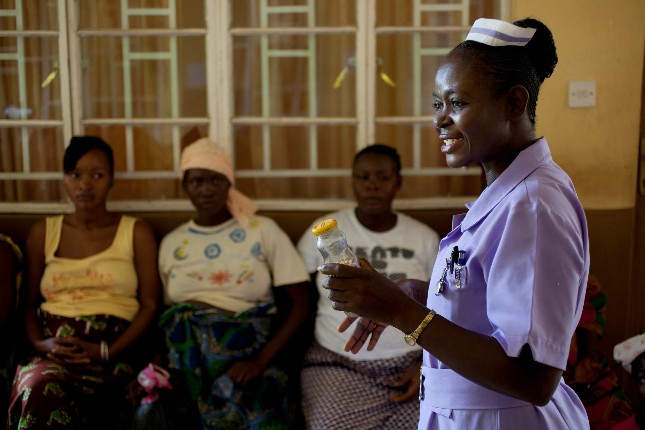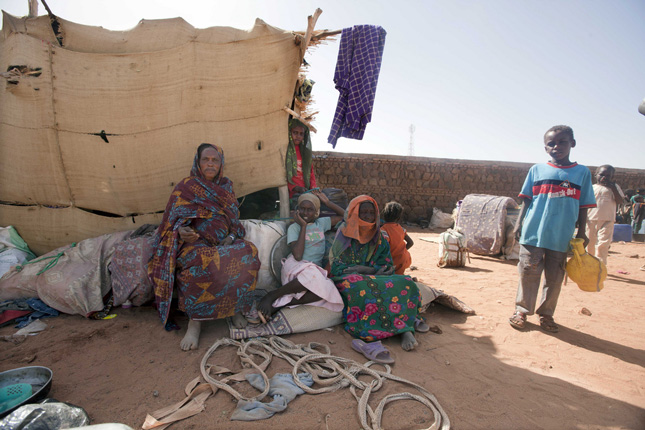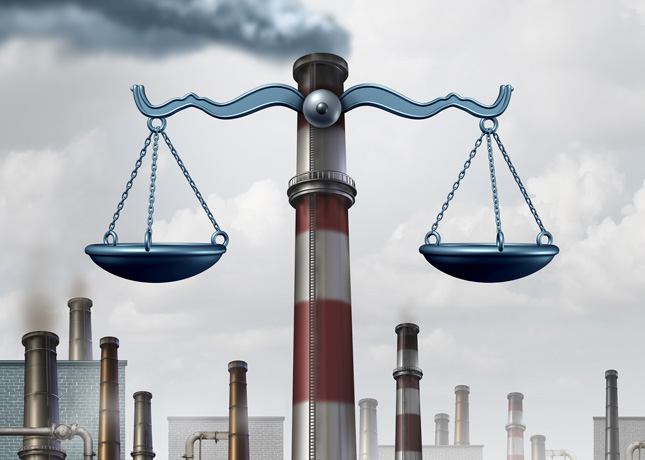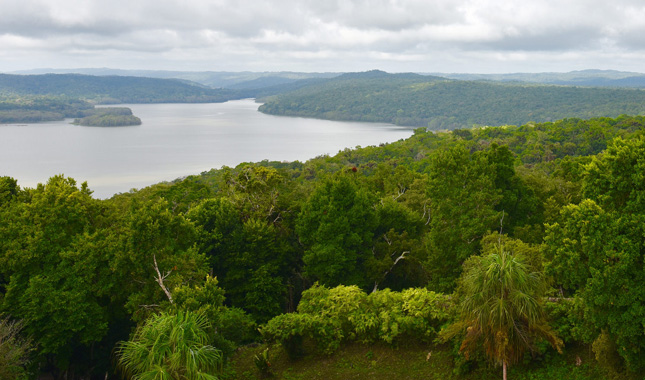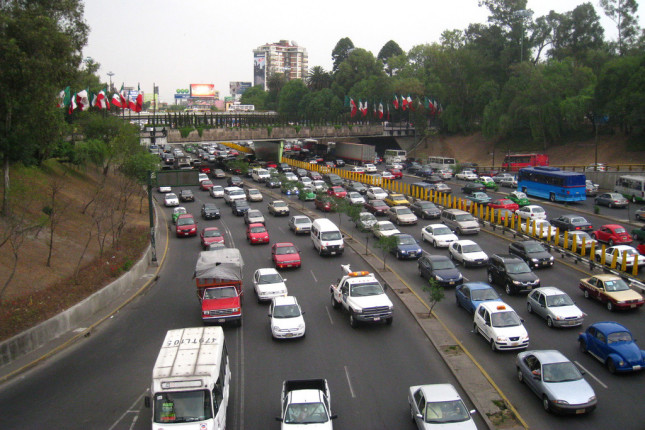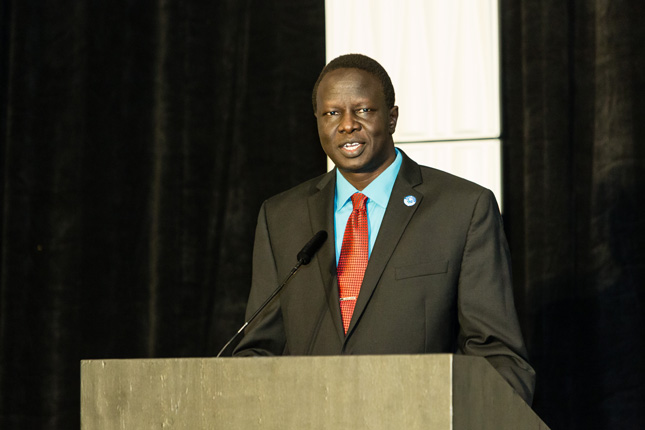-
Evaluating Enterprise: Twenty Years of Conservation Through Sustainable Livelihoods
›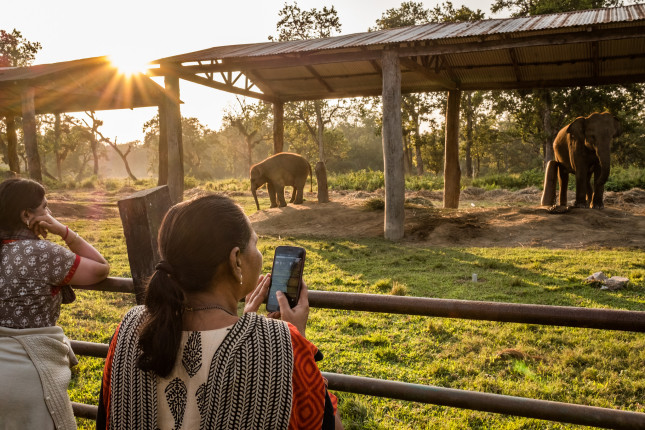
“It’s not often that we have the opportunity to go back to a site 20 years later and see what happened,” said Cynthia Gill, Director of USAID’s Office of Forestry and Biodiversity during a recent Wilson Center event on a retrospective evaluation of the “conservation enterprise” approach to biodiversity. Conservation enterprises are income-generating activities that provide social and economic benefits and help meet conservation goals.
-
The PHE Approach: Addressing Multiple Issues With Integrated Solutions
›
“The PHE [population, health, and environment] approach addresses the relationship between human health and environmental health, to improve primary healthcare services, conserve biodiversity and natural resources, and develop sustainable livelihoods,” said Sarah Harlan, the Learning and Partnerships Director at K4Health, introducing a recent webinar featuring three PHE leaders from Madagascar, East Africa, and the Philippines.
-
The New Slave Trade: Migration, Trafficking, and Terrorists in Libya
›
While dismayed Americans watched the “zero tolerance” policy of family separation unfolding at the Mexican border, across the Atlantic, another shocking migration crisis continues to fester. Behind the grueling headlines of drownings in the Mediterranean Sea, migrants run a gauntlet of abuse through the Sahara desert to reach the Libyan coast. Armed militias and terrorist organizations across the Sahel profit by smuggling people displaced by climate, population, and security crises. While European policymakers struggle to cope with arrivals, their containment approach consistently disregards the root causes that force people to take such unimaginable risks. The high value of these human commodities not only exposes vulnerable migrants to torture, extortion, and even enslavement, but also provides funds for terrorist groups intent on attacking the West.
-
The People vs. Pollution: Empowering NGOs to Combat Pollution with Environmental Law
›
China is four years into its war on pollution, and while the skies over many of its cities are bluer and thousands of polluting industries have been closed, many challenges remain. According to China’s Ministry of Ecology and Environment, 16 percent of China’s soil is polluted, 239 of China’s 338 biggest cities failed to meet air quality standards in 2017, and 32 percent of China’s surface water is not clean enough to swim in. To confront these challenges, Chinese citizens and nongovernmental organizations (NGOs) are taking legal action to halt polluters, push local government to be more accountable, and strengthen enforcement of pollution laws—but most lack the legal experience and expertise needed to be successful. A series of workshops held by the Environmental Law Institute earlier this year sought to close this gap by training NGOs and legal professionals in China on best practices for environmental public interest litigation.
-
Measuring Impact: Building on Lessons Learned to Improve Biodiversity Conservation
›
“Functioning natural systems are critical to human survival itself,” said Carrie Thompson, Deputy Assistant Administrator of the Bureau for Economic Growth, Education and Environment at USAID, at a recent Wilson Center event on USAID’s efforts to increase the effectiveness of its biodiversity conservation programs. Measuring Impact was designed to help support USAID’s 2014 Biodiversity Policy, which is “grounded in a recognition that human well-being and progress are dependent on the health of biodiverse systems and [that] durable development gains are not possible unless these systems are valued and safeguarded,” said Cynthia Gill, Director of USAID’s Office of Forestry and Biodiversity.
-
Rush Hour: Three Commutes, Three Stories
›
“The idea to make this film came from a very personal place,” said filmmaker Luciana Kaplan at a recent Wilson Center screening of her documentary Rush Hour, recalling how a woman who worked for her spent six hours a day on public transportation. “I have to make a film about this,” she said she told herself, “because this is a silent enemy that is attacking all of us in big cities.”
-
Keep Moving Forward: Refugee Resilience and Citizen Diplomacy
›August 15, 2018 // By John Thon Majok
More than 17 years ago, I came to the United States as part of a refugee group known as the “Lost Boys” of Sudan. In 1987, civil war separated me from my parents for almost 10 years. After 13 years of living in limbo in refugee camps, I was given the opportunity to settle in Tucson, Arizona, where I quickly integrated myself into the American society as a productive citizen. My story demonstrates the resilience paradox: Exposure to prior hardships helps us become more resilient.
-
Water Security in a New Age of Nationalism
›
The idea of a “new middle” or “third way”—a blend of neo-liberal economic doctrines and social policies that was supposed to overcome the dichotomy between mixed economy and free market paradigms—more or less dominated U.S. and European politics for the last two decades. But today, this centrist consensus has been upended by a wave of populist, nationalist parties. Many have won over their electorates by questioning the benefits of free trade and globalization (as well as the international institutions that espouse them), while pursuing expansionary domestic economic policies.
Showing posts from category development.


